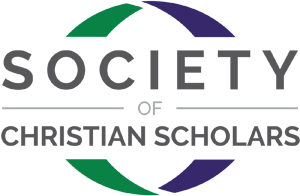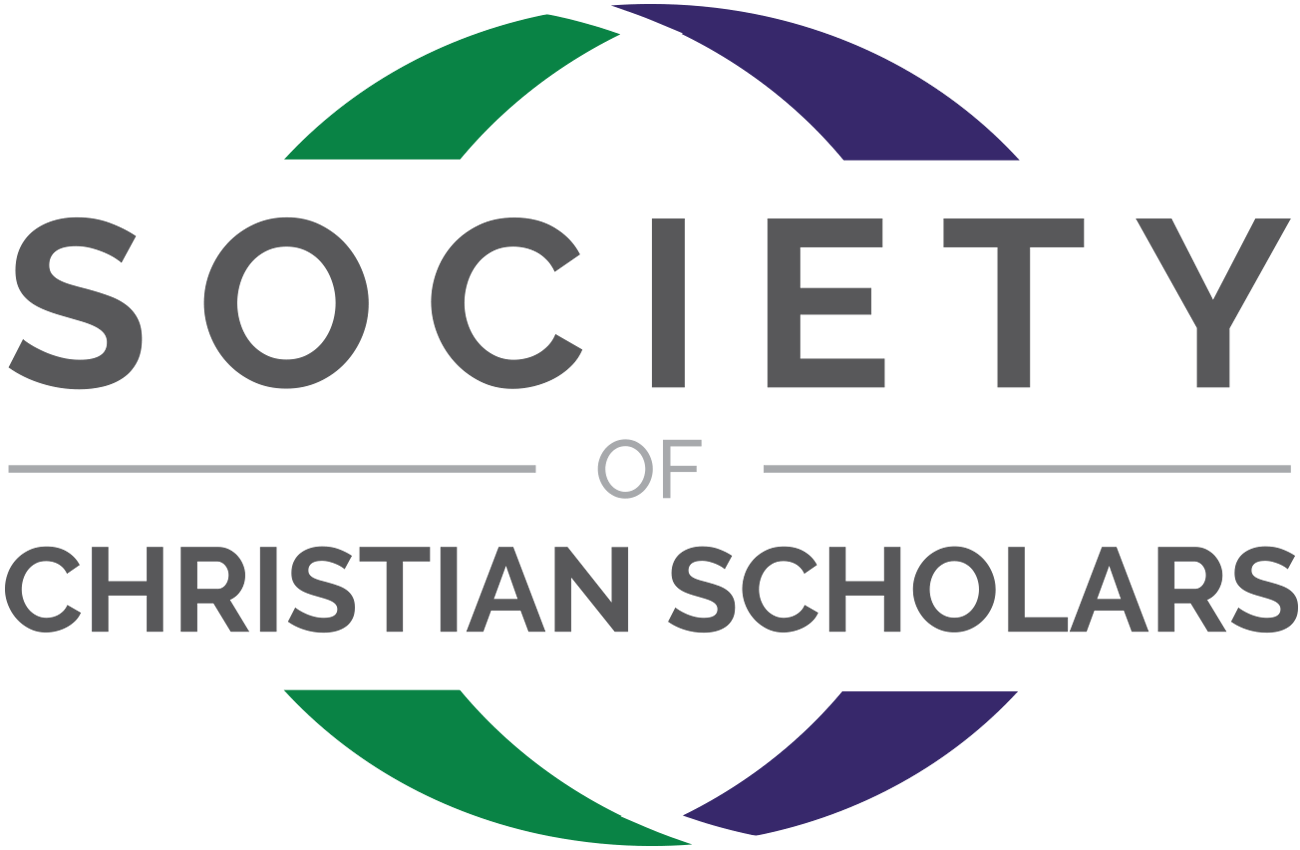Dr. Martin Luther: A Bold Scholar and Reformer
By Peter Cimala, Europe Regional Representative
Martin Luther (1483–1546) is known as a reformer of the church. But we must not forget that he became a doctor of theology and a university professor first. Being a reformer was neither his intention nor his original “job.” Rather, he was a learned and gifted monk seeking to fulfill his vocation as a biblical scholar in a variety of ways.
Luther’s devotion to interpreting the Bible to the best of his ability led him to attempt to make the Scriptures more available to everyone. He described his own scholarship as follows:
“I was forced and driven into this position in the first place when I had to become Doctor of Holy Scripture against my will. Then, as a doctor in a general free university, I began, at the command of the pope and emperor, to do what such a doctor is sworn to do, expounding the Scriptures for all the world and teaching everybody.” (LW 13,66)
Today, it is not hard to imagine that Luther would be active in the department of biblical studies of a contemporary theological faculty. His university background was important to him during his life; for example, as we know from his letters, he was often depicted with a doctor´s cap (Doktorhut). His bold theological claims and formulations were based on his deep research of the biblical texts. Importantly, the Old Testament was his starting point. In particular, his lectures on the Psalms helped him to understand the biblical message many years before his rediscovery of the Gospel and justification by faith based on the exegesis of Romans 1:17.
In Luther’s story, we see a connection between academia, church, and society as well. As an example, consider his German translation of the Bible, which demonstrates his conviction that every Christian has the right to read and study Scripture in his or her own language, and which documents well his understanding of the authority of Scripture. Luther embodies the integration of personal faith and learning, a true person of both academia and church. He was a doctor – a theologian with a university degree – and a person of the church, preaching, teaching, interpreting and translating the Bible in understandable language.
Luther is an example of intellectual courage. It was not easy to challenge the teachings of the church or the Pope in the 16th century. He was aware of the danger he would face because of his bold claims and public activity. Others who made similar efforts before him suffered greatly, such as John Huss, a Christian scholar from Prague who was burned to death in 1415. But Luther was willing to defend the truth of the gospel and his convictions, as expressed in his famous statement, “Here I stand, I can no other” (1521).
Luther’s story shows why the university matters. He influenced other students and scholars as well as German and European society in a way that would permanently impact the course of history. His Bible translation became very significant in the development of the German language. His academic degree and excellence allowed him to formulate his arguments and to defend his “rediscovery” of grace–the Protestant Reformation’s sola gratia.
Luther’s career, self-understanding and heritage demonstrate that Protestantism has been connected to the university from the beginning! There are different challenges now than in his time, but today’s Christian scholars globally share a similar calling to boldness, endurance and the integration of faith and learning. Dr. Martin Luther should be remembered and presented as an example of a bold Christian scholar.
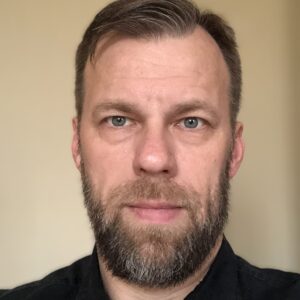
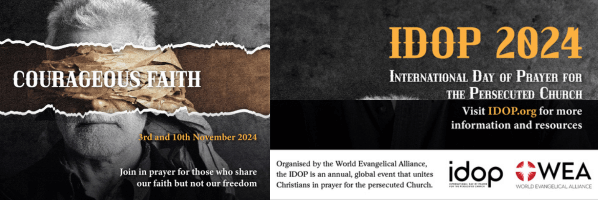

World Evangelical Alliance Invitation to Day of Prayer
As a global organization of Christians, we are intensely aware of the challenges many of our members face due to persecution and other restrictions on religious freedom. Accordingly, we encourage everyone to partake in the World Evangelical Alliance’s annual International Day of Prayer (IDOP). Here’s a WEA announcement about this year’s IDOP:
The World Evangelical Alliance invites you to join millions of believers worldwide for the International Day of Prayer for the Persecuted Church (IDOP) on November 3 and 10, 2024. This year’s theme, “Courageous Faith,” inspired by Deuteronomy 31:6, calls us to stand in prayerful solidarity with our persecuted brothers and sisters across the globe who face adversity every day for their faith in Jesus Christ.
Persecution is a grim reality for more than 316 million Christians worldwide. From imprisonment to the destruction of homes and churches, they courageously hold on to their faith. Together, we can make a difference by lifting them up in prayer and offering our support.
Save the date and pray with us: Be a part of this powerful global movement of prayer. Join the global body of Christ as we stand together in prayer on November 3 and 10. Thank you for standing in the gap for those who courageously live out their faith despite the challenges they face.
Society Library
This month’s Library Reading Corner feature consists of an annotated bibliography of six library resources.
1. ‘A Diasporic Christian Theology: Towards an Eschatological Understanding of Theological Education in Post-Communist Societies’ by Stephen M. Garrett
Brief Description: This programmatic article succinctly circumscribes the meaning (hope), message (faith), and mission (love) of a diasporic Christian theology with an ecumenical vision, predominantly for university theological education under post-communist conditions.
2. ‘A Biblical Theology of Human Flourishing’ by Jonathan Pennington
Brief Description: In this blog, Pennington argues for the universal desire for human flourishing across cultures. The discourse looks at a Western understanding of human flourishing and outlines three themes related to a biblical understanding of human flourishing.
3. ‘Evangelical–Roman Catholic Dialogue: The official documents of the dialogue between the Roman Catholic Church and World Evangelical Alliance’ by Thomas Paul Schirrmacher
Brief Description: This resource collects the official documents of the dialogue between the World Evangelical Alliance and the Roman Catholic Church. The dialogues occurred over multiple years exploring various challenges and opportunities focused on the following topics: Mission (1977–1984); Church, Evangelisation, and the Bonds of Koinonia (1993–2002); Christian Witness in a Multi-religious World (2011); and Scripture and Tradition and the Church in Salvation (2009–2016).
4. ‘Add to your Scholarship: Challenges for Christian Scholars to Academic Discipline’ by Danny McCain
Brief Description: By examining 2 Peter 1:5–8, McCain looks at the various qualities of spiritual discipleship provided by Peter and compares them with the qualities one needs to develop as a good Christian academic.
5. ‘Characteristics of Christian Pedagogy’ by Doris Kieser and Jim Parsons
Brief Description: The article addresses four hallmarks of Christian teaching: it (1) faces life honestly, (2) focuses on social justice, (3) is synoptic, and (4) engages the whole of the educational experience.
6. ‘Academic Integrity of Millennials: The Impact of Religion and Spirituality’ by Millicent F. Nelson, Matrecia S. L. James, Angela Miles, Daniel L. Morrel and Sally Sledge
Brief Description: This article discusses a study of the relationship between religious beliefs and unethical behavior, with a focus on millennial college students. The results of the study indicate that religiosity but not spirituality is a predictor of students’ attitudes toward cheating and cheating behavior.
Please contact the Society’s librarian, Dr Marlene Hines, at librarian@societyofchristianscholars.org for any further assistance.
Upcoming Webinars
Be sure to check the Webinars Page for third-party webinars that are often added on short notice and for updated presenters and topics that may be helpful in equipping you to bring the gospel to bear in your university context.
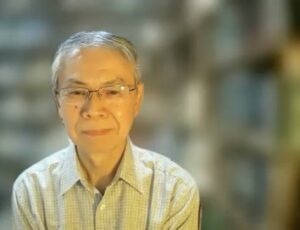

Leadership or Servanthood? by Dr Hwa Yung – Thursday, 17 October 2024 at 1400 UTC
Over the past decades, we have witnessed toxic leadership in unholy abundance, in both the church and the wider world, including our academic institutions. Whether it is because of modernity and post-modernity or simply due to the ubiquity of sin, truth and integrity hardly matter for many these days. Despite all the hype about leadership, great and courageous leaders are a rare species today!
On Thursday, 17 October 2024 at 1400 UTC, Dr Hwa Yung, Bishop Emeritus of the Methodist Church in Malaysia, will discuss how many in the church have followed the world’s leadership patterns. Our Lord Jesus repeatedly reminded his disciples, who were jostling for leadership among themselves, that the call to discipleship is first and foremost a call to servanthood: ‘For even the Son of Man came not to be served but to serve and to give his life for many’ (Mark 10:45). This is the gospel’s answer to the crying need for leadership today. But is the church modelling it? How can Christian academics serving in university leadership positions embrace and embody Jesus’ understanding of leadership that begins with servanthood?
Among his many roles, Dr Yung has served as a pastor and bishop within the Methodist Church, and as principal of Malaysia Theological Seminary. He has also been involved with various international ministries, including as chair of the Oxford Centre for Mission Studies’ council of trustees and a member of the International Board of the Lausanne Movement.
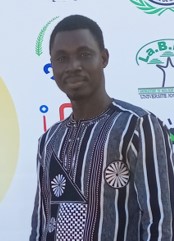

Ecosystemic Degradation and the Responsibility of the Church in Burkina Faso by Sambo Ouédraogo – Thursday, 21 November 2024 at 1400 UTC
Human societies around the world, regardless of their religious, cultural or geographical characteristics, need healthy and functional ecosystems to support human life on earth. The biodiversity of the environment that God found good according to Genesis is nevertheless declining at a rate 1,000 times higher than the natural rate. In the fight for the conservation of biodiversity, scientific and political efforts at the global level are more visible than those at the local level.
On Thursday, 21 November 2024 at 1400 UTC, Dr Sambo Ouédraogo, Assistant Professor and Researcher of Plant Biology and Ecology at Norbert Zongo University in Burkina Faso, will discuss his analysis that offers a synthesis of the efforts made by local government and church actors in the restoration of degraded ecosystems and the conservation of biodiversity. He will highlight the potential of the evangelical church for intervention and will offer suggestions as to how to actualize that potential. His research compares initiatives, both those pledged and ones carried out, by academic, government and religious actors.
Dr Ouédraogo’s presentation examines the relevance and the resources mobilized by these initiatives in terms of restoration of ecosystems and conservation of biodiversity in three spheres in Burkina Faso: agriculture, the environment and livestock. Finally, he offers his perspective on alerting and supporting the Burkinabé church in its role of steward of the created world.
Join the conversation to learn more about how the Christian faith is rooted in the earth and how we can honour God by valuing and preserving God’s good creation.
The Q&A portion will be in both French and English. It will be moderated by Laurent Kayogera, a scholar of communication sciences, a leader of SCS Burundi, a training coordinator for the Burundian IFES movement, and a senior catalyst in the Logos and Cosmos Initiative, and Stephen Ney, a scholar of literature from Canada who teaches academic writing and critical thinking in Sierra Leone and coordinates theology-and-science training for the IFES Logos and Cosmos Initiative.
Disclaimer: The views and opinions expressed in the Addenda are those of the authors and do not necessarily reflect the views or positions of the Society of Christian Scholars.
